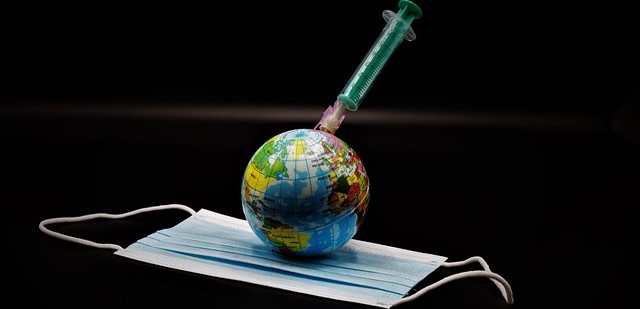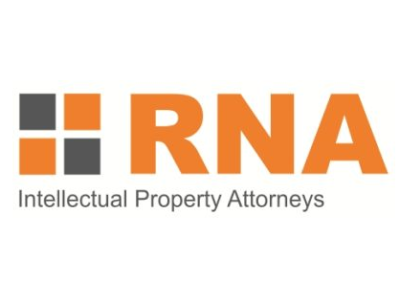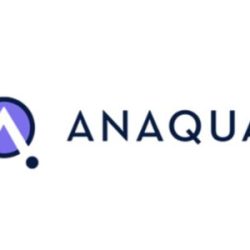 The waiver debate over Covid 19 treatment is again in focus as countries and health systems brace up for another variant that threatens to wreak havoc over lives and livelihoods. The need to share COVID-19-related IP remains urgent, considering that two years into the pandemic, fewer than 15% of people in low-income countries have had at least one dose of a vaccine. In contrast, in high-income countries, people are offered third and sometimes fourth doses.
The waiver debate over Covid 19 treatment is again in focus as countries and health systems brace up for another variant that threatens to wreak havoc over lives and livelihoods. The need to share COVID-19-related IP remains urgent, considering that two years into the pandemic, fewer than 15% of people in low-income countries have had at least one dose of a vaccine. In contrast, in high-income countries, people are offered third and sometimes fourth doses.
India, South Africa, and 80 other countries have pitched for a global patent waiver for Covid-19 diagnostics and therapeutics for five years. India wants the intellectual property rights (IPR) waiver deal offered for vaccines to be extended to therapeutics and diagnostics. The background to this demand is the Ministerial Decision on the TRIPS Agreement adopted on 17 June 2022, which provides members greater scope to take direct action to diversify the production of COVID-19 vaccines and to override the exclusive effect of patents through a targeted waiver over the next five years. The Ministerial decision addresses specific problems identified during the pandemic and aims to help diversify vaccine production capacity. It also contains a commitment that no later than six months from the decision date (17 June 2022), members will decide on its possible extension to cover the production and supply of COVID-19 diagnostics and therapeutics. However, closer to the deadline, U.S. pitched for delaying the decision on Patent waiver extension and instead asked for a U.S. International Trade Commission (USITC) to launch an investigation into the products to determine if extending the waiver would result in increased access to the products.
Opposition to patent waiver of Covid-19 resources
- Almost three dozen nations oppose a waiver extension — including the European Union’s 27 members, the UK, Singapore, Switzerland, Japan, and South Korea. These governments have taken the stand no concrete evidence is forthcoming that IP rules are hindering the global rollout of Covid-19 treatments and tests.
- The pharmaceutical industry also opposes an extension and argues that a waiver is unnecessary because the current supply of Covid-19 therapeutics exceeds global demand.
- The International Pharmaceutical Manufacturers and Associations argue that any effort to waive IP rights for Covid-19 treatments would eliminate companies’ incentive to invest in life-saving drugs in the future.
Compulsory license to override IP monopolies
The governments opposing the waiver argue that current WTO rules allow countries to apply for ‘compulsory licensing’ to override IP during emergencies. On the other hand, many NGOs working for equitable access to vaccines and Patent experts argue that the complexity of obtaining the compulsory license makes it far from attractive. Further, publicly disclosed information in a patent application is insufficient to manufacture vaccines. Thus, even if the government grants compulsory license, the “know-how” is necessary for manufacturing and distributing Covid-19 diagnostics and therapeutics. The ‘know how’ includes data gathered during the regulatory approval process or other information collected during clinical trials that are not disclosed to the public. In business practice, holders of IP related to vaccines diagnostics or therapeutics cannot be forced to divulge the trade secrets and know-how essential for commercial production. The trade secrets are, by their nature, not disclosed publicly and unlike patents and are not subject to compulsory licenses. Furthermore, it is widely acknowledged that if coercive measures are used to disclose confidential information, the holder of a trade secret might end up protecting the information in a much more aggressive manner. A waiver thus solves the exclusivity problem but not the information problem.
Conclusion
Overall, the pandemic has clearly taught the world that an IP waiver may not necessarily accelerate vaccine manufacturing, because materials are in short supply and it can take several years to build up capacity from scratch. However, now more than ever before is the time to shore up capabilities and capacity free from the worry that patent holders will sue the manufacturers in growing and least developed countries. It’s time the developed world work towards reducing the IP barriers for low-income nations so that they can produce the vaccines locally. Only then will we be ready to face the new viruses and variants of existing viruses.
Written by Ranjan Narula, Managing Partner, RNA Technology & IP Attorneys











